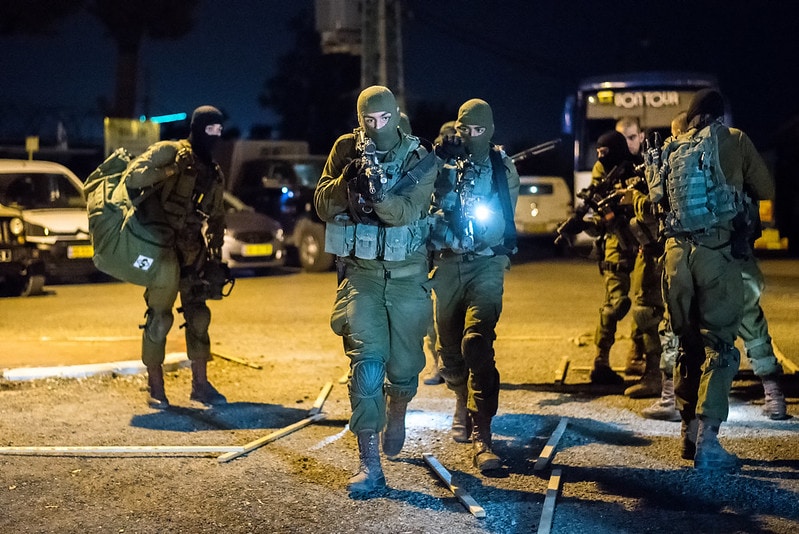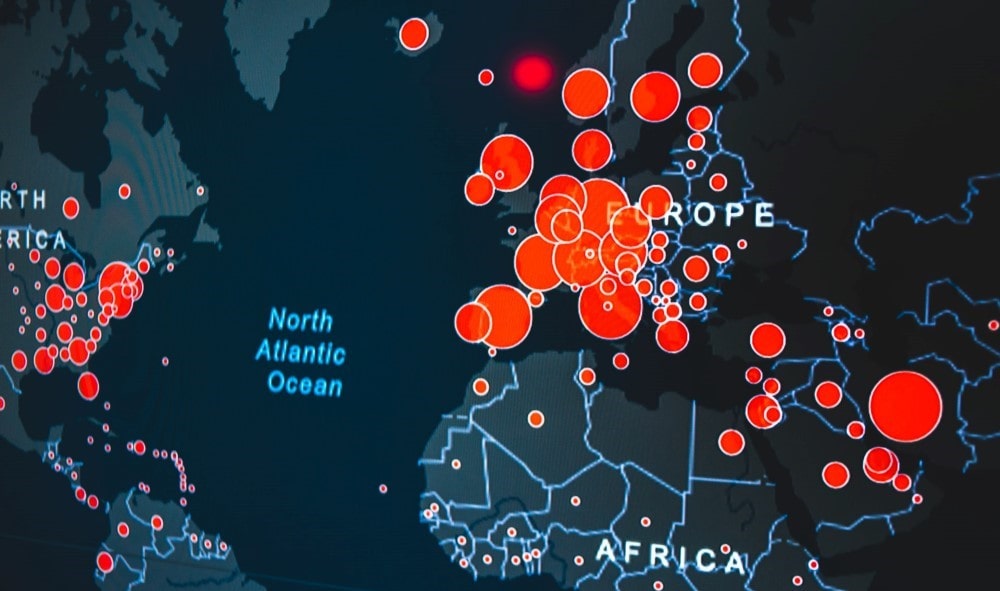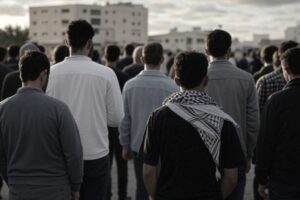Israel’s security services are reinventing the war on terrorism as classic counter-terror doctrine is no longer relevant in 21st century.

Israel is known worldwide as a leader and innovator in the fight against terrorism. Over the years, the IDF and security services devised counter-terror strategies and tactics in the fields of intelligence, airline security, special ops and many other areas.
However, some of these doctrines are becoming increasingly irrelevant.
As the threat environment changes, Israeli security experts face new terror challenges in the 21st Century. This transformation is forcing Israel to come up with creative solutions for old and new problems. Here’s a look at some of them:
No more hostages?
Israel’s counter-terror doctrine was developed in the 1970s and 1980s largely in response to hostage situations. These included airplane and bus hijackings, and traumatic events such as the 1974 Ma’alot massacre of high-school students. But how likely are such incidents today?
A senior IDF officer says that hostage-taking assaults are no longer a major concern in Israel. “An incident where hostages are snatched, as we saw in the ’80s for example, is largely improbable,” he told Israel Hayom daily.
The classic scenario where terrorists take over one site and negotiate with authorities has become rare, the officer said, pointing to the 2008 Mumbai attacks as the blueprint for 21st Century terror. In that incident, terrorists struck at multiple locations and aimed to maximize the casualty toll.
The new shape of terror is forcing Israel’s security services to revolutionize their approach, the officer said. Instead of preparing for outdated scenarios, elite units now train for countering a Hezbollah raid on border communities, he said.
“We took the old intervention courses, which are less relevant today, and turned them into week-long combat training that includes underground activity, night fighting and advanced tech,” the IDF officer told Israel Hayom. Most of these new models and techniques are classified.
In parallel, Israel’s main enemies are turning into armies of terror with high-powered military gear. Hamas aims to produce cruise missiles, while Hezbollah’s precision-missile program remains a major concern. Elsewhere, pro-Iran militias in the region are equipped with rockets and drones.
The changing nature of the threat is driving the IDF to put more focus on detecting and destroying high-value military assets. On this front, the war on terror will be fought with aircraft and heavy weapons rather than elite forces and field agents.
Hunting lone wolves
Meanwhile, Israel is also pioneering the advanced use of artificial intelligence to identify terrorists even before they carry out attacks. This methodology, which draws on information from diverse sources including cameras, human agents and social media, aims to pinpoint and neutralize high-risk individuals.
The new tools and techniques were developed in response to the growing prominence of lone wolf attackers, who are harder to detect. Israel applied this system in recent years to end a wave of stabbing and shooting attacks that threatened to spiral out of control.

By combining technology and brainpower, the IDF and Shin Bet isolated patterns of behavior and other signs that could indicate terror intentions. As part of this effort, security agencies mapped out the West Bank to focus on areas and communities that were prone to producing terrorists.
Israel continues to perfect this data-driven approach and integrate it with other intelligence collection tools. The new apparatus will be tested in full when the next wave of Palestinian violence erupts.
New threats overseas
Israel’s peace agreements with Arab states are creating new opportunities, but also security threats. Israelis will soon be traveling in large numbers to new destinations in the Persian Gulf and in North Africa. Tens of thousands of tourists have already visited the United Arab Emirates, and direct flights from Israel to Morocco will be launched soon.
For terrorists, this tourism boom will present new targets in more convenient locations.
Israel is already setting up an elaborate security system in the United Arab Emirates and Bahrain. This will include new airline security protocols and the installation of more protections and intelligence means. Mossad is also boosting its cooperation with Arab intelligence agencies.
Meanwhile, the old threat of terrorism against Israelis on European soil is also expected to change. With growing numbers of radical Muslims living in the continent, terror groups could increasingly draw on homegrown sympathizers that can more easily blend into the population.

Moreover, a study by Israeli experts warns that lone wolf terrorists in Europe are no longer acting alone. While not formally linked to any group, recent attackers operated within a support network that was either aware of their intentions or assisted them, the report said.
Another troubling possibility is growing cooperation between Muslims terrorists and far-left activists who are deeply hostile to Israel.
The emergence of new threats requires Israel to rethink its basic assumptions, expand its intelligence gathering efforts and boost its collaboration with other countries. Mossad will have to deploy and recruit agents in new locales and environments, and learn to use its tech powers in new settings.
Spy chief Yossi Cohen already started to reshape Mossad based on an intuitive understanding of the changing landscape, defense analyst Alon Ben-David says. However, the next director will have to take more steps to adjust the agency to a new era, he wrote. As the world of terror changes, Israel will have to move quickly to avoid painful surprises.


